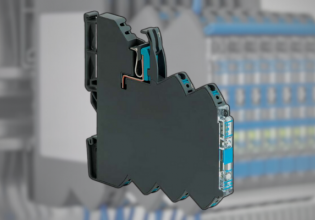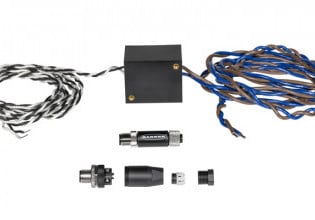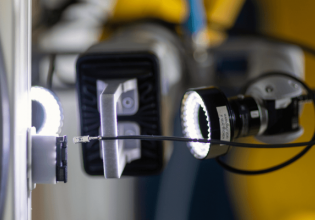S
Hi everybody
I do want to send and receive ASCII-code over a RS232 interface. The communication speed should be as fast as possible. (Real-time application)
Is there somebody who allready has solved this problem? Or somebody who knows how to solve it?
Please write me a mail!
[email protected]
Thanks!
Kind regards
Etienne
I do want to send and receive ASCII-code over a RS232 interface. The communication speed should be as fast as possible. (Real-time application)
Is there somebody who allready has solved this problem? Or somebody who knows how to solve it?
Please write me a mail!
[email protected]
Thanks!
Kind regards
Etienne






